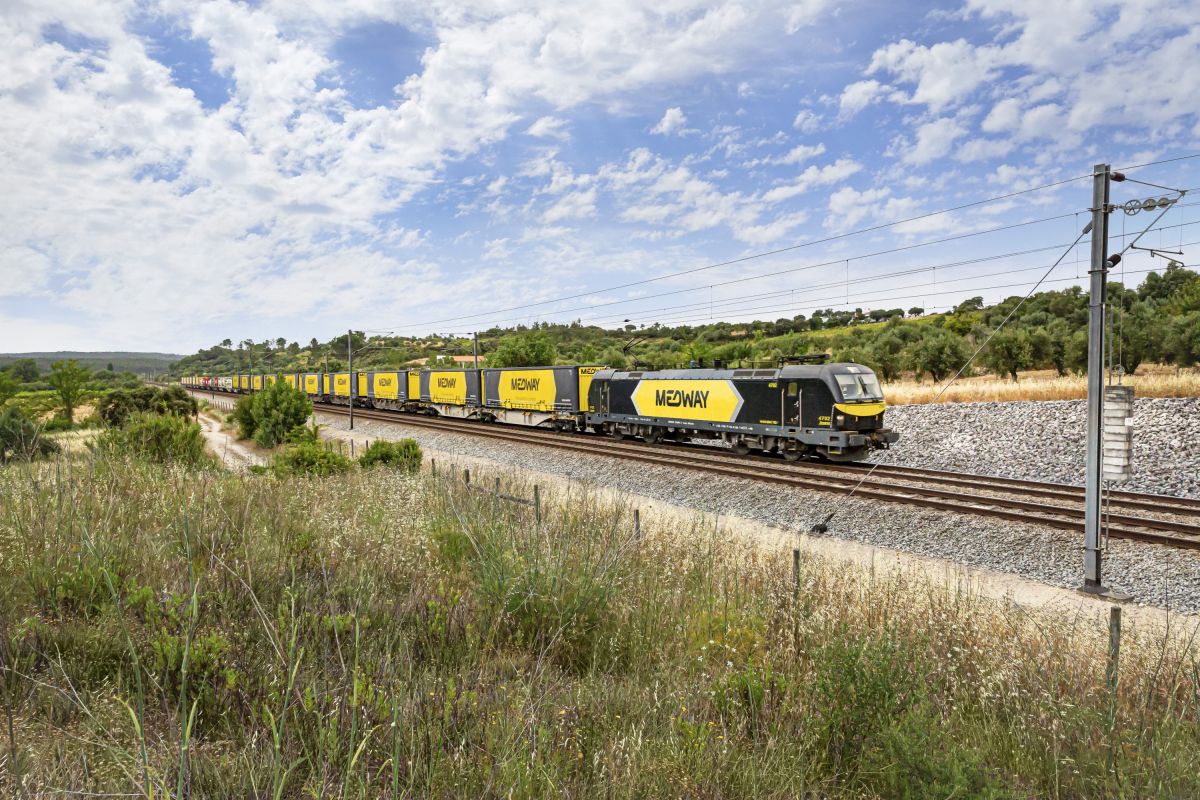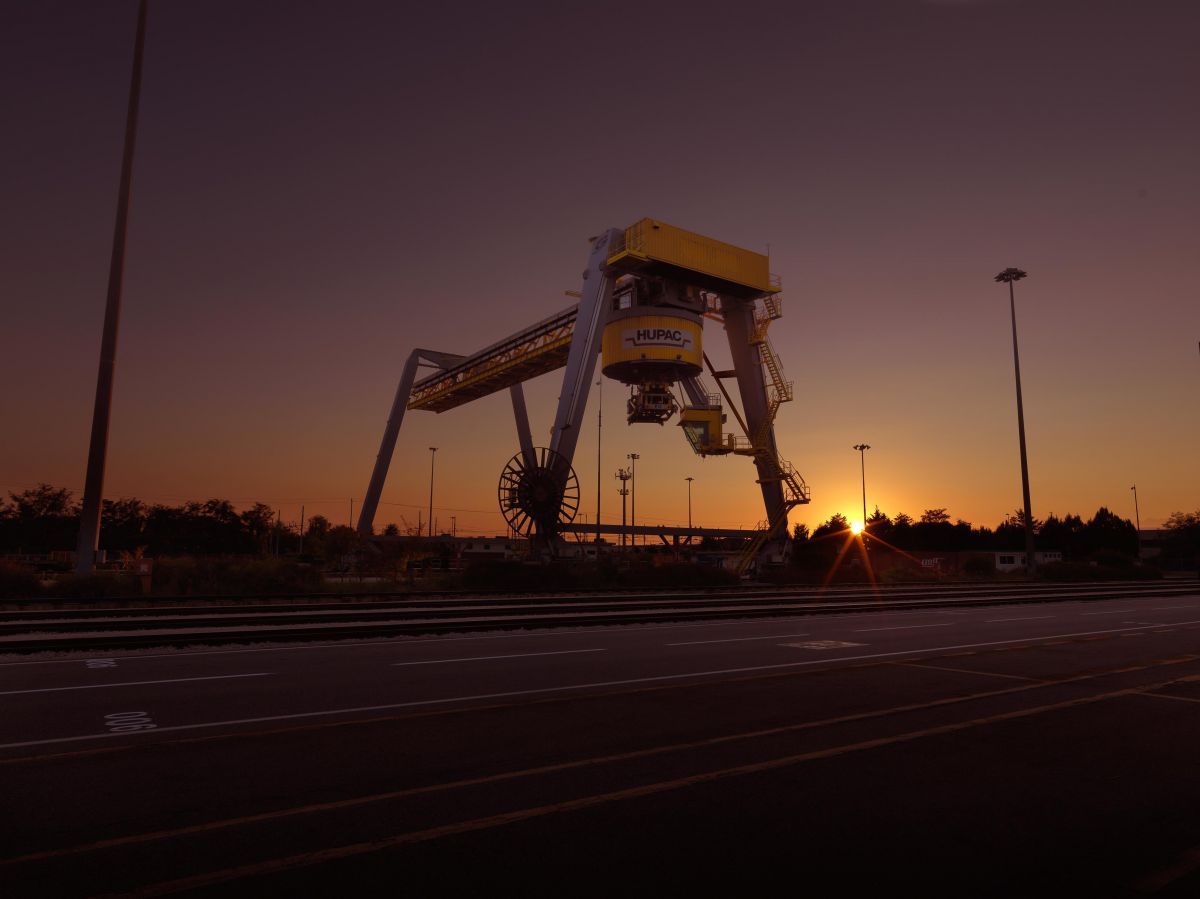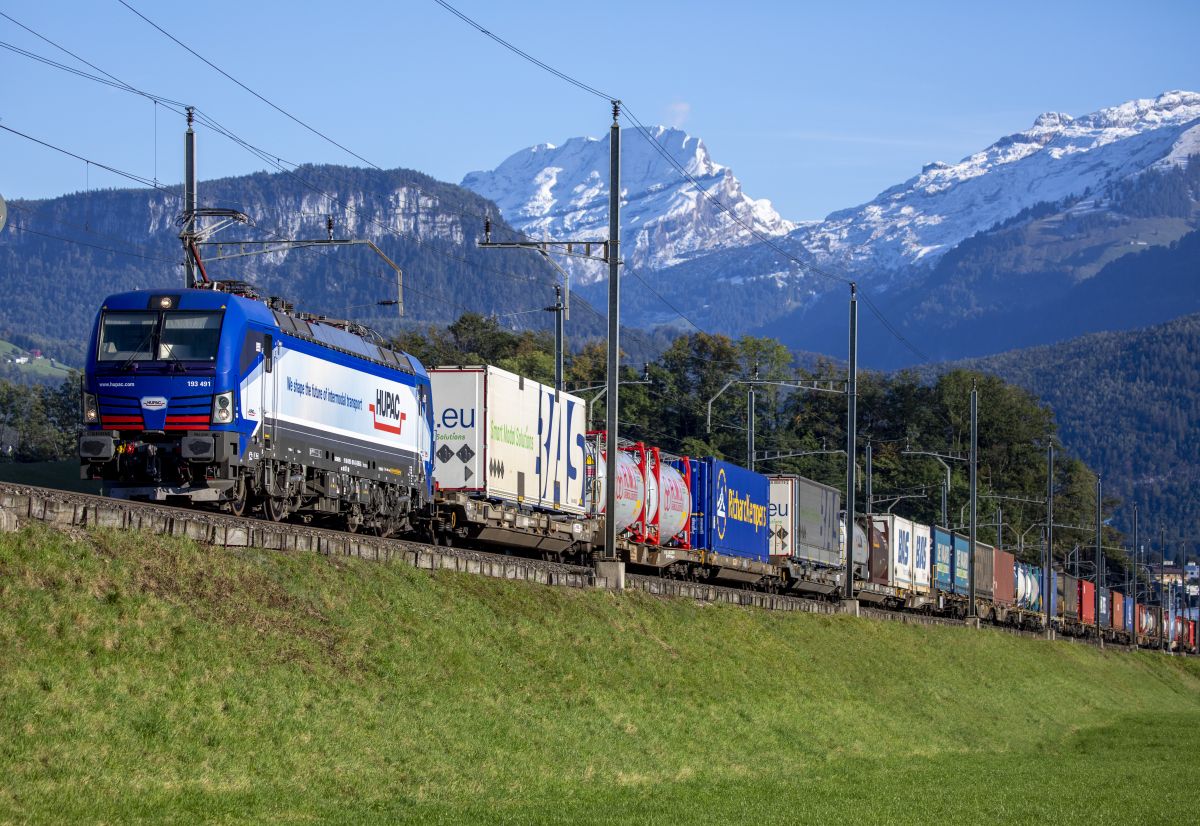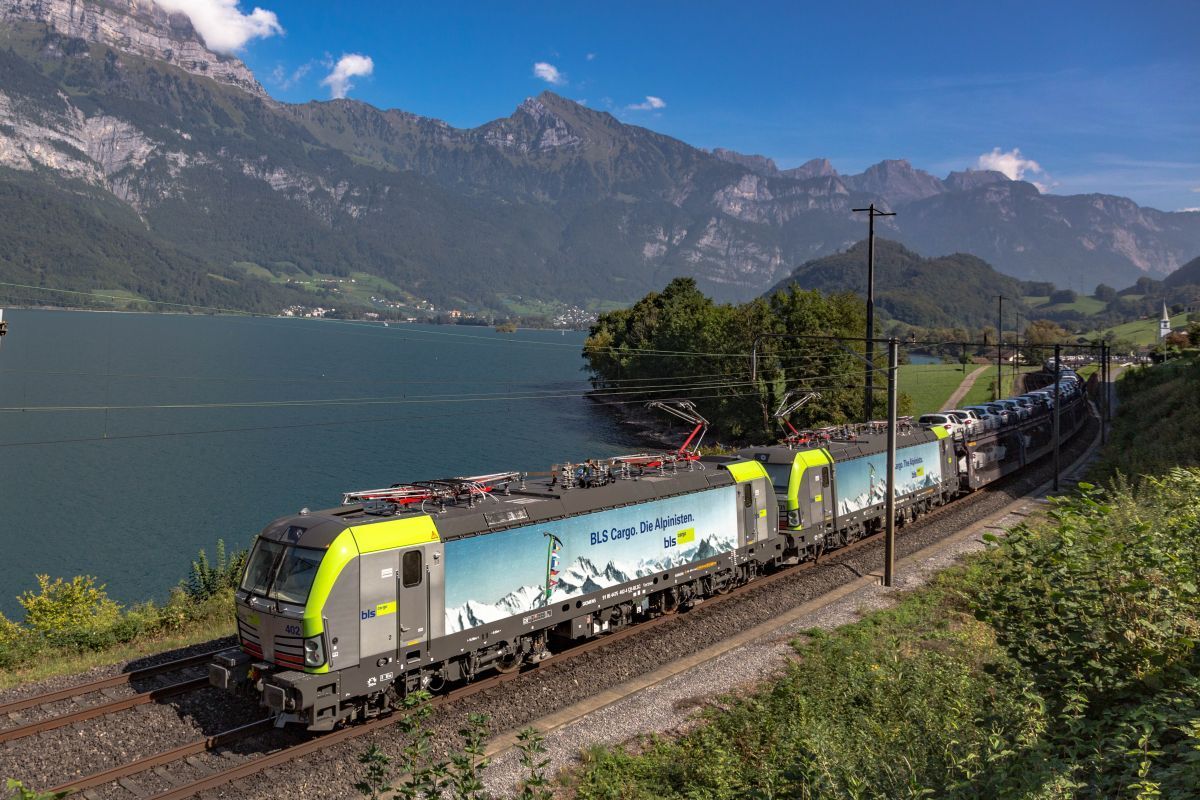The recently published European Commission seventh monitoring report on the development of the rail freight market has shown that rail freight growth remains stagnant, whilst the share of new entrants is constantly growing. If Europe is to meet its objectives of 50% growth of rail freight by 2030 and doubling by 2050, it is of utmost importance that ambitious measures are taken to grow the sector whilst also supporting private and independent operators in a fair and transparent way. In this regard it is imperative that momentum is not lost by Member States on the possibility to waive and reduce track access charges.
Waiving and reducing track access charges remains the best way to assist the sector in a fair, transparent and non-discriminatory manner. This is crucial given that, as indicated in the seventh monitoring report, the average market share of competitors to national incumbents in 2018 was 42%, an increase of 8% over the previous year.
ERFA welcomes that this fact has been recognized by countries such as Austria, France, Germany, Luxembourg and the Netherlands who have either waived or reduced track access charges. Momentum must not be lost though and such support measures must be implemented on a wider scale in 2021. Many countries have not taken any measures to date and it is important Member States who have not acted so far do so. There are unfortunately also some bad examples of supporting rail freight such as the recent announcement of proposed increase in track access charges in Poland from next year.
Although it is acknowledged that rail freight has not been the hardest hit sector of the transport industry, suffering a loss of turnover of roughly 12% in 2020, the COVID pandemic must be used as an opportunity to build back better from the COVID pandemic and incentivise growth in rail freight in line with the European Commission’s Sustainable and Smart Mobility Strategy objectives. It must also be remembered that rail freight is a transport mode which operates under extremely thin profit margins. Any reduction of volume has a disproportionate impact on viability of operators.
ERFA President, Dirk Stahl, commented, “We strongly welcome the measures that have been taken to date to support the rail freight industry through the waiving of track access charges. We now must not lose sight of the long-term objective of supporting and building back from the COVID pandemic with a competitive rail freight industry which can meet the objectives set out in the European Commission’s Sustainable and Smart Mobility Strategy”
ERFA Secretary, Conor Feighan, said “The European Commission has extended the possibility for Member States to waive and reduce track access charges up until 31 June 2021. If required, the Commission remains empowered to extend this provision up until 14 April 2022. It is essential that this opportunity is acted upon through concrete measures.”



